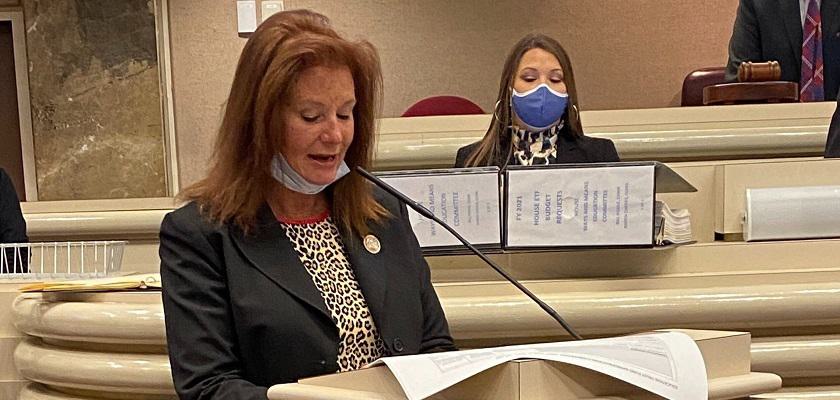The Alabama legislature may or may not react to a likely U.S. Supreme Court ruling on Dobbs v. Jackson Women's Health Organization that could overturn the high court's 1973 Roe v. Wade decision that legalized abortion on demand.
Reactions have been varied, including State House Majority Leader Nathaniel Ledbetter (R-Rainsville), indicating the House of Representatives would be prepared to act. State Sen. Chris Elliott (R-Josephine) declared no action would be necessary given the Alabama Legislature had already made its preference known with the 2019 Human Life Protection Act, also known as House Bill 314 (HB 314), which bans abortion with limited exceptions.
Although that law is on pause under a preliminary injunction issued by U.S. District Judge Myron Thompson, there could be a motion to dismiss as soon as the U.S. Supreme Court makes an official ruling.
State Rep. Terri Collins (R-Decatur), the original sponsor of the 2019 ban, said the ban as it was constituted was not necessarily her preference.
During an appearance on Mobile radio FM Talk 106.5's "The Jeff Poor Show," the Morgan County Republican lawmaker argued for a so-called heartbeat bill, which make ending a pregnancy after a heartbeat was detected in the womb during the pregnancy illegal.
"[T]he bill I worked on the previous quadrennium was a heartbeat bill," she said. "And that's the bill I believe is the best bill for a law about abortion in Alabama," Collins said. "That's what I think, Jeff. It would still have to go through the legislative process and debate, and both sides, or all sides -- there's certainly not two sides on this. There are a thousand sides. It would have to go through that process as all laws do.
"There will be a lot who want the total ban. That will be what they believe is right. I believed even when we were working on that one that the heartbeat was, I thought, the best for our state. And I will say, back in 2019, keeping legislators focused on especially the 'no exceptions' part because Roe v. Wade was decided on that child in the womb was not a person. And we believe science shows it is a person. And so, therefore, it has a right not to be killed. And so, that is what we were basing that on. And so, there could be no exceptions because it didn't matter how the child was conceived if the child is really a baby in the womb, a person."
Collins said the legislature left no exceptions in the 2019 law to keep the focus on Roe v. Wade, but if Roe is overturned she thinks Alabama will want to have a law that represents the majority of the people, and that process will be highly controversial.
To connect with the author of this story, or to comment, email jeff.poor@1819News.com.
Don’t miss out! Subscribe to our newsletter and get our top stories every weekday morning.










